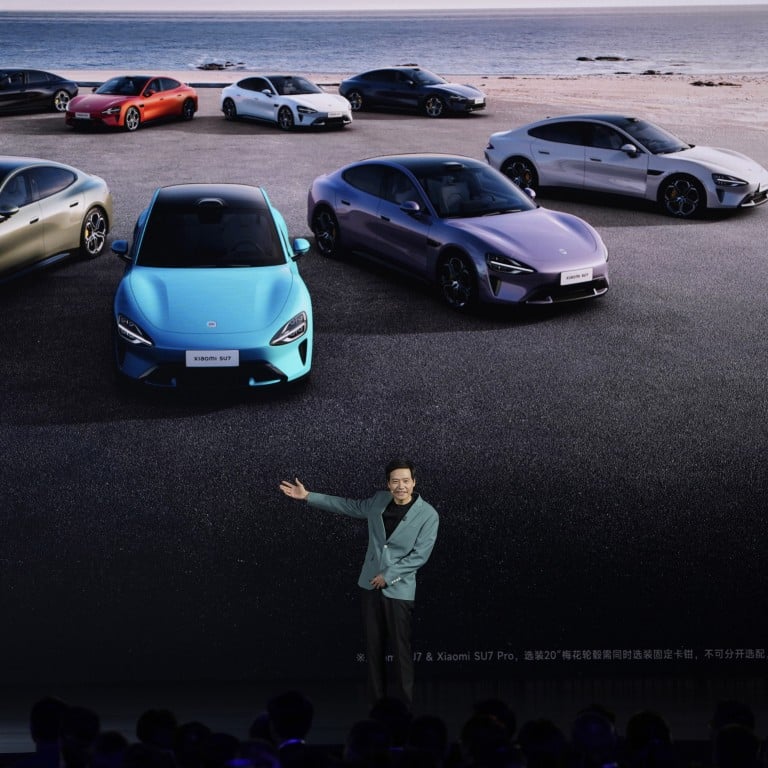
Letters | Romance of the Three Kingdoms in China’s EV market?
- Readers discuss the competition among electric vehicle manufacturers in China, and what the country’s leadership should prioritise
About 1800 years ago, the famous battle of the Red Cliff took place. Cao Cao, the most powerful warlord of the north, was squarely defeated by Liu Bei and Sun Quan of the south.
Out of three Chinese car buyers, maybe one will buy a Tesla. But another could be a fan of Lei’s. So we shall see. Tesla’s market capitalisation is slowly melting, and so is its market share. Eventually, history will repeat itself. And then we will have the new Romance of the Three Kingdoms.
Li Mingxuan, Selangor, Malaysia
Beijing must prioritise peace and poverty alleviation
First, on the conflict between mainland China and Taiwan and the appeal for sanity and peace, I believe that peace is more important than forced reunification. The leadership of mainland China should be prepared to engage in dialogue with any government that is elected in Taiwan, and the Democratic Progressive Party should not be excluded. Dialogue is the best way to resolve conflict and the cheapest way to secure peace.
US governments and unfortunately most American citizens have been manipulated by the capitalist military-industrial complex. The United States will continue to act like a bully without the proper rule of international law.
The only way forward, but one that is difficult to achieve, is not to fight the US and become similar to it, as Russia has, but to unite all other United Nations members, big and small, to form a strong international peacekeeping force under the UN that can counteract the US’ and others’ dictatorial behaviour in the future.
Dr Ka Sing Chua, Victoria, Australia

